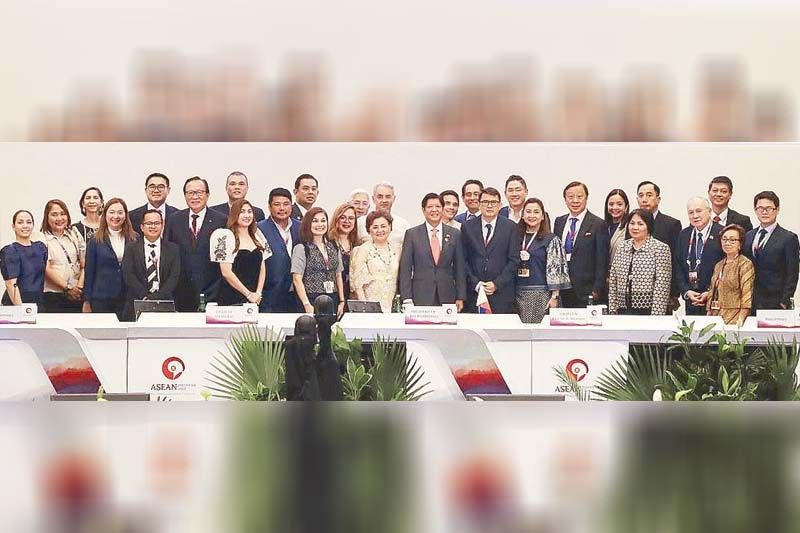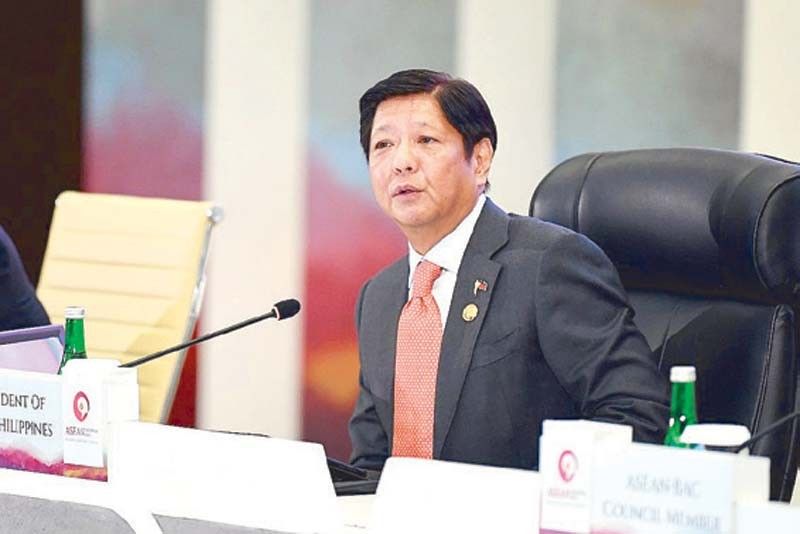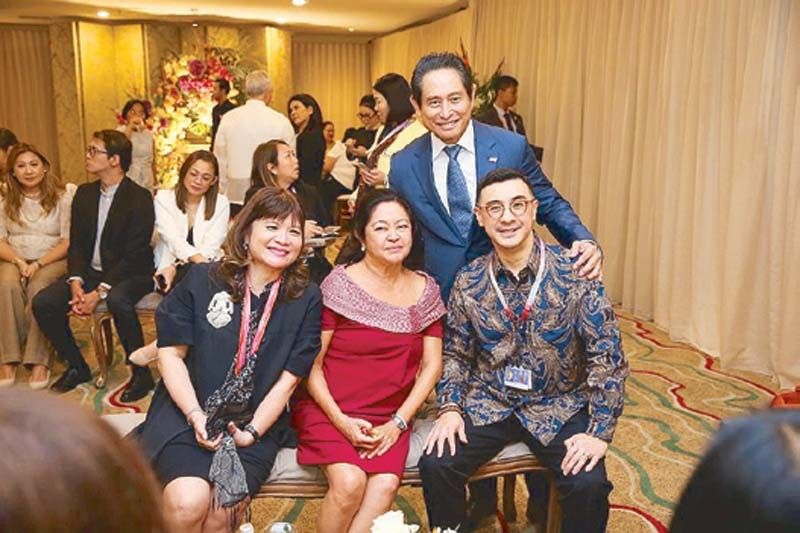The ASEAN Business and Investment Summit 2023

The ASEAN Business Advisory Council (ABAC) is the apex private sector body of the Association of Southeast Asian Nations (ASEAN) and was established by the ASEAN heads of state and government at the 7th ASEAN Summit in November 2001 in Brunei.
This is not to be confused with the APEC Business Advisory Council, which is also known as ABAC. (Usually, the ASEAN Business Advisory Council is known as ASEAN-BAC, but for brevity we will use ABAC here).
Launched in April 2003, ABAC was set up with the mandate to provide private-sector feedback and guidance to boost ASEAN’s efforts towards economic integration.
Aside from providing private-sector feedback on the implementation of ASEAN economic cooperation, the Council also identifies priority areas for consideration of the ASEAN Leaders.
Accordingly, ABAC’s activities are primarily focused on reviewing and identifying issues to facilitate and promote economic cooperation and integration.
In the Philippines, ABAC is composed of Joey Concepcion, GO Negosyo founder and Presidential Adviser for Entrepreneurship, who served as the ABAC chairman in 2017; George Barcelon, chairman of the Philippine Chamber of Commerce and Industry; and Michael Tan, president of the LT Group.

Just recently, ABAC convened the ASEAN Business and Investment Summit 2023 (ABIS 2023) in Jakarta, Indonesia, with the theme of “ASEAN Centrality: Innovating Towards Greater Inclusivity.”
It brought together more than 2,000 world leaders, CEOs and senior executives representing multinational and regional corporations. ABIS 2023 seeks to instill business confidence in the growth potential of the region amid global headwinds, lingering geopolitical tensions, and fragmentation of the global economy.
ABIS believes that the amplification of private-sector voices is vital to drive policy reforms and position ASEAN at the epicenter of global economic interconnectedness.
Among the world leaders who attended the summit were: Rishi Sunak, the Prime Minister of the United Kingdom; Fumio Kishida, the Prime Minister of Japan; Pham Minh Chinh, the Prime Minister of Vietnam; Tony Blair, the former Prime Minister of the United Kingdom; Sonexay Siphadone, the Prime Minister of Laos; and Ferdinand “Bongbong” Marcos Jr., President of the Philippines, together with First Lady Louise “Liza” Araneta Marcos.
The President and the First Lady were, of course, joined by House Speaker Martin Romualdez, as well as Trade Secretary Fred Pascual. Aside from Concepcion and Barcelon, other members of the Philippine delegation were former Foreign Affairs Secretary and Ambassador Delia Albert, former Agriculture Secretary Dr. William Dar, and myself.
Our Philippine Ambassador to the United States Jose Manuel “Babe” Romualdez was also present to give support to the President.

While in Jakarta, I also wore my hat, so to speak, as chairman of the Chamber of Mines of the Philippines. Aside from being able to voice out some points on mining and mineral processing in the Philippines, I was also able to discuss with the President: One, that mining in the Philippines is robust and this, to a large measure, is due to the fact that under the Marcos Jr. administration there is clarity, predictability, and transparency — clarity, because President Marcos Jr. and his economic managers have unequivocally identified mining as an industry that will help the country recover quickly from the ravages of the pandemic; predictability or consistency, because the mining law, its internal rules and regulations, and related laws are followed with no flip-flopping; and transparency, because DENR Secretary Maria Antonia Yulo-Loyzaga bases her decisions on empirical data and with prior consultation with all stakeholders.
Two, mining, which was once treated like a pariah because of its environmental impact, is now an indispensable part of our fight against climate change.
Three, the industry supports President Marcos Jr.’s directive for high value processing and to make the country a vital component of the electric vehicle and battery production ecosystem.
And, lastly, we are open to a joint mineral resource management in the ASEAN.
I mention of these points on mining and the mining industry because today is the first day of the Mining Philippines 2023 international conference and exhibition of the Chamber of Mines of the Philippines with the theme “Seeing Green: Shaping a Sustainable Minerals Development Industry.”
Mining Philippines 2023 is the most anticipated event in the minerals, metals and ores industry that emerged from a three-year hiatus due to the COVID-19 pandemic for a two-day discussion on the intensive exploration, development, and utilization of minerals, all in consonance with sound economic, environmental, and social policies.
Aside from being a key driver for economic recovery and national growth, mining can also be a key driver for climate change and the environment.
Because even in the quest for ASEAN economic integration, which is the business of ABIS 2023 and of ABAC, we still need minerals. We still need mining.
- Latest
























